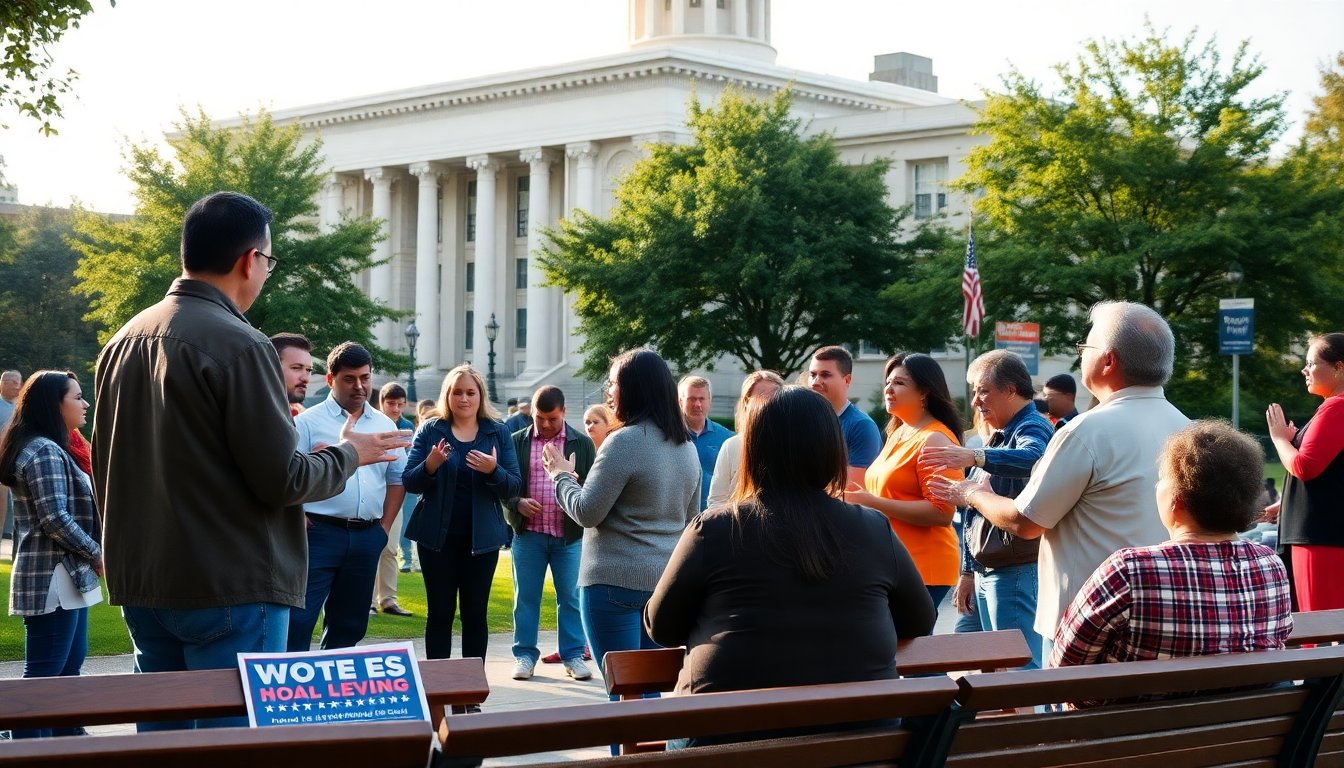Table of Contents
The political dynamics in New Jersey provide a compelling case study, particularly regarding recent trends among Hispanic voters. Following the 2025 election, where President Trump’s campaign made significant gains in majority-Hispanic areas, the upcoming off-year gubernatorial race acts as a critical litmus test. Will these gains persist, or are they fleeting?
This analysis focuses on the shifting allegiances of Hispanic voters in New Jersey’s unique demographic landscape. Understanding the factors influencing these trends is essential for grasping the broader implications for the state’s political future.
Transformations in voter sentiment
New Jersey has long served as a battleground for various political ideologies, and recent elections have indicated a notable shift in voter sentiment among the Hispanic community. In the 2025 race, many towns with significant Hispanic populations swung decisively in favor of Trump, challenging the traditional Democratic stronghold.
This shift raises critical questions regarding the factors influencing these voters. Is it a response to economic conditions, or is it driven by cultural and social issues? The upcoming gubernatorial election may clarify these questions as candidates seek to appeal to the Hispanic vote, which could prove pivotal in determining the race’s outcome.
Understanding the Hispanic electorate
To understand the evolving political landscape, one must consider the diversity within the Hispanic electorate. This demographic is not a monolith; it includes various nationalities, cultures, and socio-economic backgrounds. These differences can lead to distinct political preferences and priorities.
For instance, some Hispanic voters may prioritize issues such as immigration reform and education, while others might focus on economic opportunities or social justice initiatives. Candidates looking to resonate with these voters must tailor their messages to address the unique concerns of each subgroup within the Hispanic community.
Implications for the gubernatorial race
The significance of the upcoming governor’s race cannot be overstated. As New Jersey approaches this critical election, candidates will undoubtedly seek to capitalize on the momentum generated by the previous election cycle. The challenge lies in maintaining the support garnered from Hispanic voters.
Moreover, the strategies employed by candidates will likely reflect an understanding of the shifting political landscape. Engaging with community leaders, addressing key issues pertinent to the Hispanic population, and fostering inclusive dialogues will be crucial for candidates aiming to secure votes in this demographic.
Looking ahead: The future of Hispanic voting trends
As the gubernatorial race approaches, the broader implications of these shifting voting patterns become evident. Should candidates successfully engage with Hispanic voters and address their concerns, a significant alteration in New Jersey’s political landscape could occur. This may also foreshadow similar changes in other regions across the United States.
Ultimately, the results of the forthcoming election will provide valuable insights into the durability of Trump’s gains among Hispanic voters. It will serve as a crucial indicator of the evolving relationship between this demographic and the political parties vying for their support.


